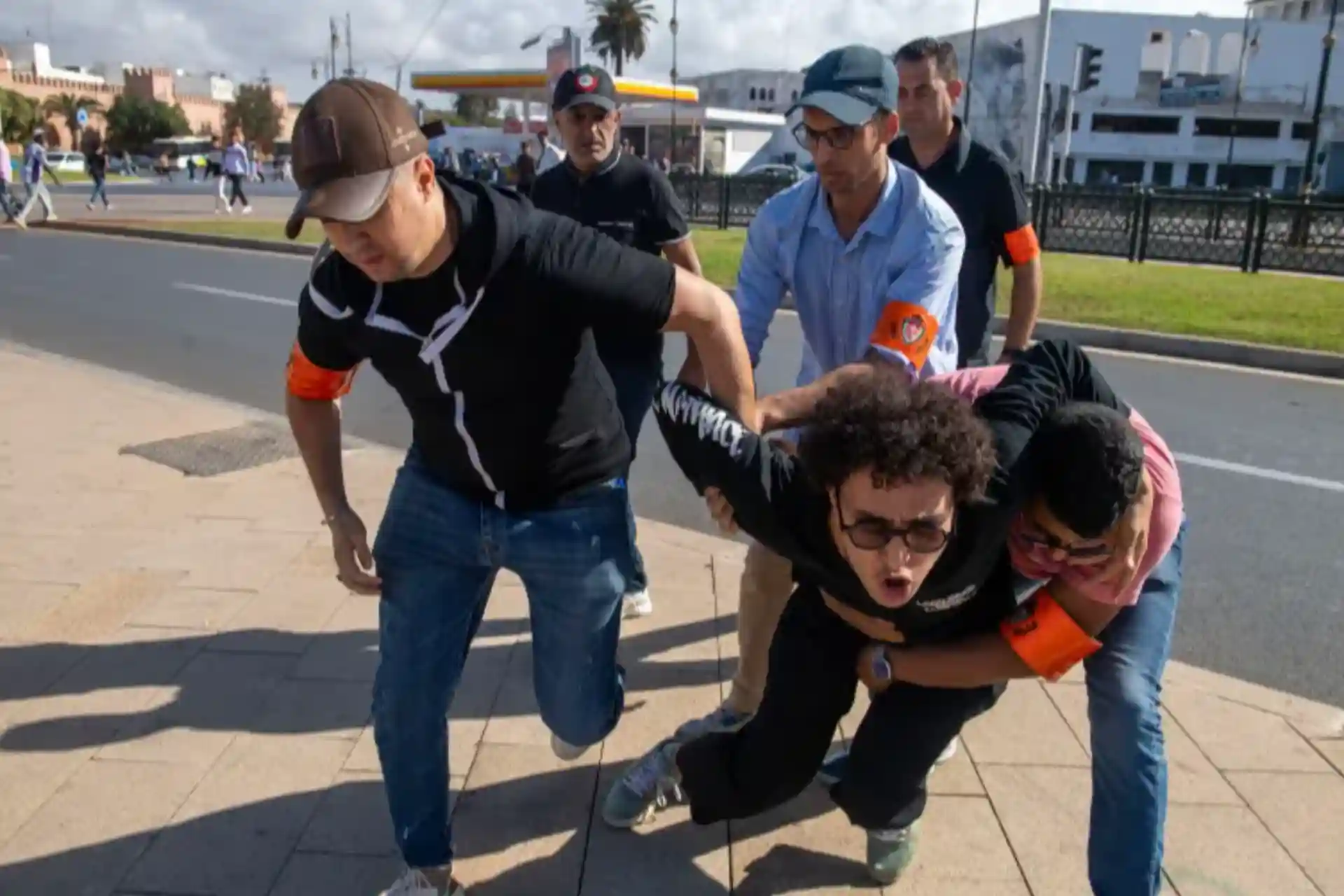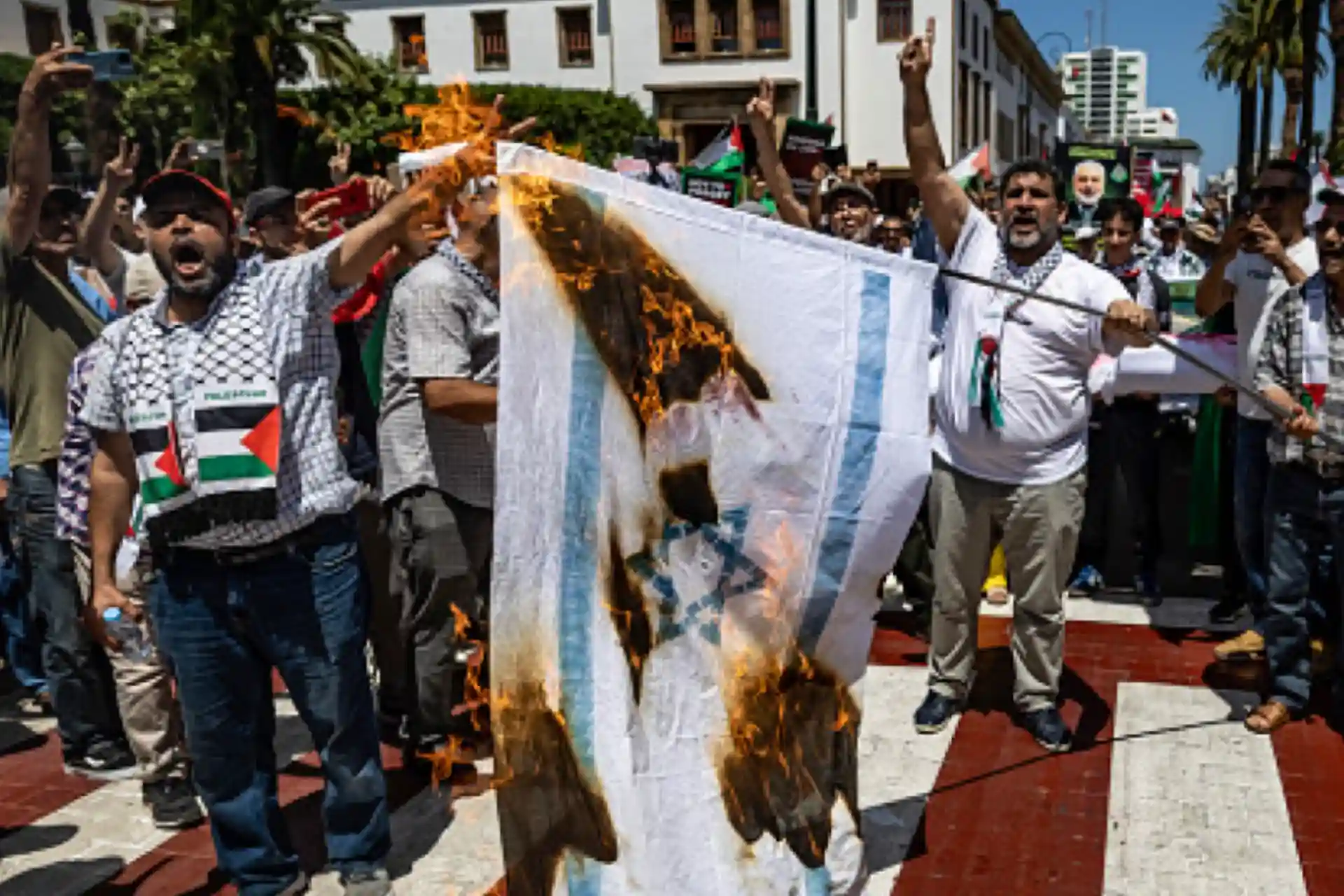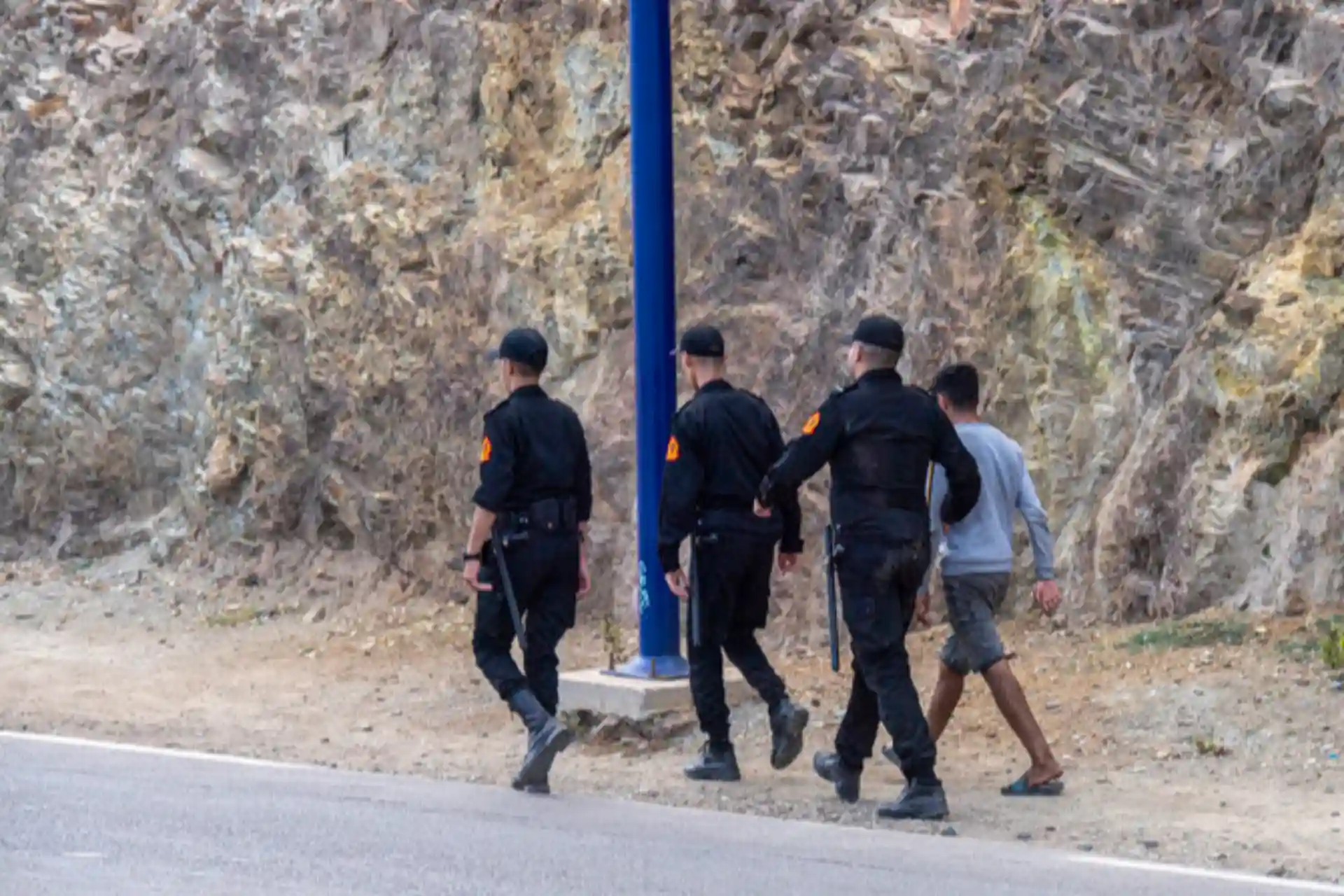04.10.2025 14:47
1354
Health and education crisis in Morocco: numbers, protests and analysis
In recent days, large-scale protests have taken place in various cities of Morocco - Rabat, Casablanca, Tangier, Marrakesh, Fes, Tetouan, Oujda, Agadir and other regions. Young people took to the streets, mainly following the calls of the "Genz 212" movement, which operates on social networks. They raised slogans such as "Health first, no need for the World Cup", "Neither health nor education - this is Morocco, which trusts in God", and demanded that the government radically reform the healthcare and education systems.
The government, however, deemed the demonstration an unauthorized one and used police force to disperse it, with several participants being arrested and later released. This was condemned by several rights groups and political parties.
Education in numbers
Morocco's budget for 2025 is approximately 721 billion dirhams ($72.1 billion), of which 16.4% - 118 billion dirhams ($11.5 billion) - is allocated to education and health.
• The amount allocated to education has increased over the last three years: 69 billion dirhams in 2023, 74 billion in 2024, and 86 billion dirhams in 2025. This is equivalent to 12% of the total budget.
• There are 8.27 million students in public schools, with 299,000 teachers (36 teachers per 1,000 students).
• Although class sizes have been limited (30 in grade 1 and no more than 36 in the rest), there is still overcrowding in a number of schools.
• In higher education, 1.15 million students study at 162 higher education institutions within 12 universities. They employ 17,000 professors and teachers. The number of university graduates is 135,000, which is 75% of the total number of graduates.
• In international rankings, Morocco ranks very low in terms of the quality of education: 101st place in the Davos Forum, 98th place in the World Knowledge Index.
Healthcare in numbers
• The budget allocated to health has also increased year by year: 28 billion dirhams in 2023, 30 billion in 2024, and 32.6 billion dirhams in 2025. This is only 4% of the total budget.
• The state system includes 6 university hospitals and 3,078 medical facilities, 2,186 of which are in rural areas.
• The number of doctors is 15.6 thousand, or 0.43 doctors per 1,000 people. This is four times less than the international average (1.72).
• Nurses - 41.6 thousand, that is, 1.1 nurses per 1,000 people. The world average is 3.86.
• Morocco ranks 94th out of 99 countries in the Nambeo International Index.
Unemployment and poverty
• The unemployment rate reached 12.8% in the second quarter of 2025.
• Although the number of poor people has decreased from 4 million in 2014 to 2.5 million in 2024, they are mostly concentrated in rural areas.
• 1.25 million people are in forced part-time work. Two-thirds of the economy is in the informal sector, which means work without social protection.
• From higher education graduates:
oh 35% work in their specialty,
oh 40% work in fields unrelated to their degree,
oh And 25% are completely unemployed.
Criticism and analysis
According to Khalid Samadi, an education expert and former minister, the government is managing the sector piecemeal, without a strategic direction despite a large budget. He believes this is a sign of "systemic derailment and disorientation" and that a comprehensive, continuous approach is needed for real reform.
Rashid Sari, head of the Center for African Studies, said that the statements of the government and party leaders that "we have the best government" are completely inconsistent with the difficult situation of the population, emphasizing that "this is more an insult to the people than the truth." In his opinion, the population suffers from unemployment, high prices, and backward services, so open social dialogue and reform are necessary.
Conclusion
In Morocco, the health and education sectors are crucial to the country's future. But numbers and rankings show that despite the huge amounts of money being spent, the system lacks consistency and efficiency. The youth taking to the streets is also a reflection of these deep social problems. According to experts, real change requires long-term, fundamental and comprehensive reforms, not partial ones.
Sana Al-Qawaiti,
journalist



